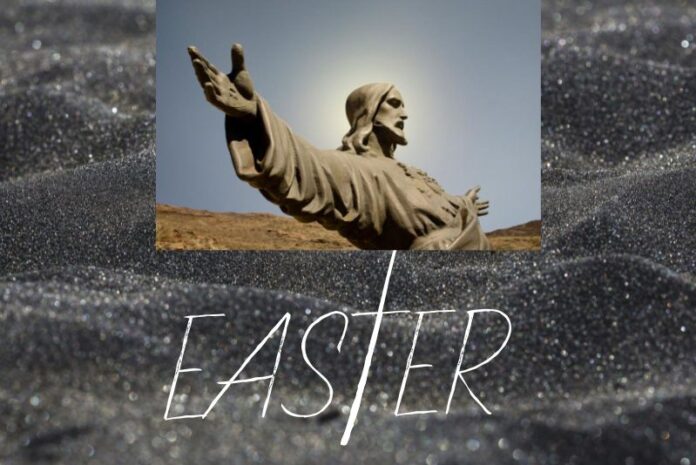Easter sunday :Easter in Public Life Sunday occurs on a Sunday, which is observed as a non-working day in the US, Canada, UK, Australia, and other nations. In nations where Sunday is a non-working day, businesses are closed and government offices are closed.
People who plan to use public transportation on Sundays should verify their schedules in advance as several countries have limited or different timetables from those of the working week. In these cases, transportation options may not be available as planned.

The resurrection of Jesus from the dead.This occurred on the third day of his interment following his Roman-ordered crucifixion at Calvary, approximately 30 AD, according to the New Testament. It’s also referred to as Resurrection Sunday or Pascha. It is the conclusion of Jesus Christ’s Passion, which was preceded by the Great Lent, a forty-day period of prayer, fasting, and penance.
What is the significance of Easter Sunday?
Easter is related with the Jewish Passover because of its name, origin, symbolism, and calendar placement. The English phrase is derived from the Saxon spring celebration, Ēostre. In most European languages, Christian Easter and Jewish Passover have the same name, and in early English Bible translations, the term Easter was used to refer to the Jewish holiday.
What is the origin and importance of Easter eggs and bunnies?
Easter is a day of eating and celebration, with people playing traditional Easter games such as egg rolling, egg tapping, and egg decorating, as well as attending devotional services and decorating and distributing Easter eggs.
In Christianity, eggs were typically associated with reproduction and rebirth. However, Easter eggs specifically represent the empty tomb from which Jesus rose from the dead. Moreover, painting Easter eggs crimson “in memory of the blood of Christ, shed as at that time of his crucifixion” is another old custom.

The Easter egg ritual is said to have started with the early Christians in Mesopotamia, according to several sources. From then, it traveled through Eastern and Siberian Europe with the Orthodox Churches before reaching the remainder of Europe via the Protestant and Catholic Churches. According to mediaeval academics, another reason for the popular use of Easter eggs is because they are forbidden throughout Lent.
The now-famous Easter bunny originated in Germany and was first mentioned in German literature in the seventeenth century. Aside from solid chocolate eggs, several other classic Easter delicacies are enjoyed around the world. The Hot Cross bun, for example, is a yeast-dough bun filled with raisins, with the cross representing the cross on which Christ died.
